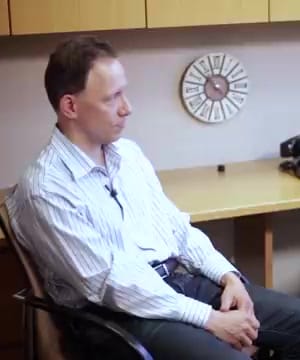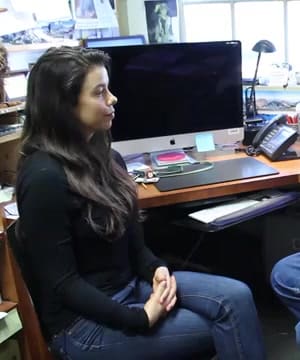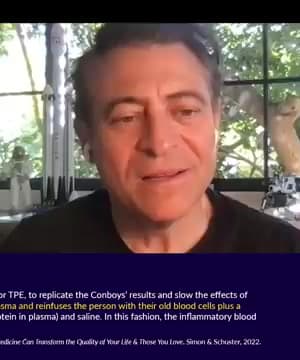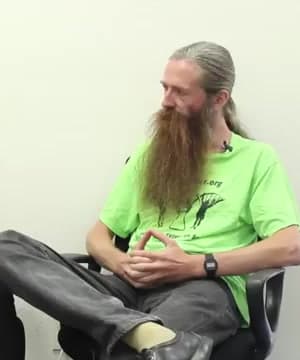Organ transplantation
Sources:
Rhonda Patrick has discussed various aspects related to organ transplantation and regenerative medicine in several clips from her podcast episodes. Here are some key insights:
-
Bone Marrow Transplantation: In cases of severe leukemia, bone marrow transplants are used. The reconstituted blood in recipients takes on the age of the donor rather than the recipient, suggesting the potential for rejuvenation through transplantation. However, this procedure is dangerous and often comes with complications like graft-versus-host disease 1.
-
Regenerative Medicine: It extends beyond just replacing damaged cells. It involves using cells to generate growth factors and cytokines that help damaged tissues regenerate better. This method is being explored for pediatric liver transplants to help the liver regenerate more effectively 2.
-
Biotechnology Enhancements: George Church discusses developing organs that are less likely to be rejected, resistant to pathogens, and disease. These enhancements could potentially solve the organ shortage and improve transplantation outcomes 3.
-
Plasma and Stem Cells: Research indicates that young blood factors could potentially rejuvenate older organisms. GDF11, a factor that decreases with age, can provide benefits similar to young blood when given to older mice. There's ongoing research to develop this factor for clinical use in treating chronic diseases 4.
-
Stem Cell Reprogramming: Reprogramming a recipient’s own cells to a pluripotent state and then using these cells for treatment could potentially avoid immune rejection. Current methods are improving to erase the epigenetic memory of these cells, making them more versatile for various therapies 5.
These insights highlight the ongoing research and potential future developments in the field of organ transplantation and regenerative medicine according to Rhonda Patrick.
RELATED QUESTIONS-




